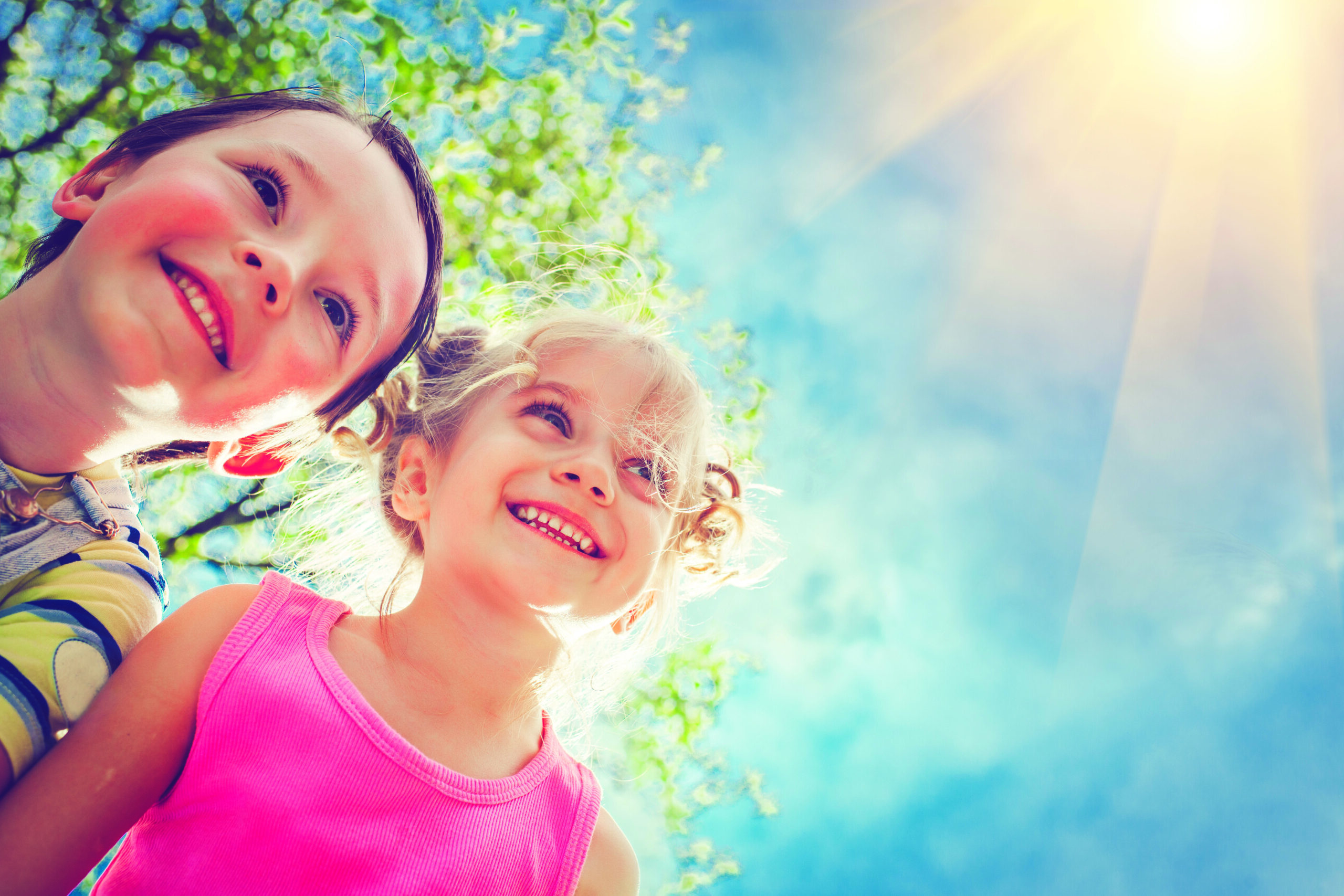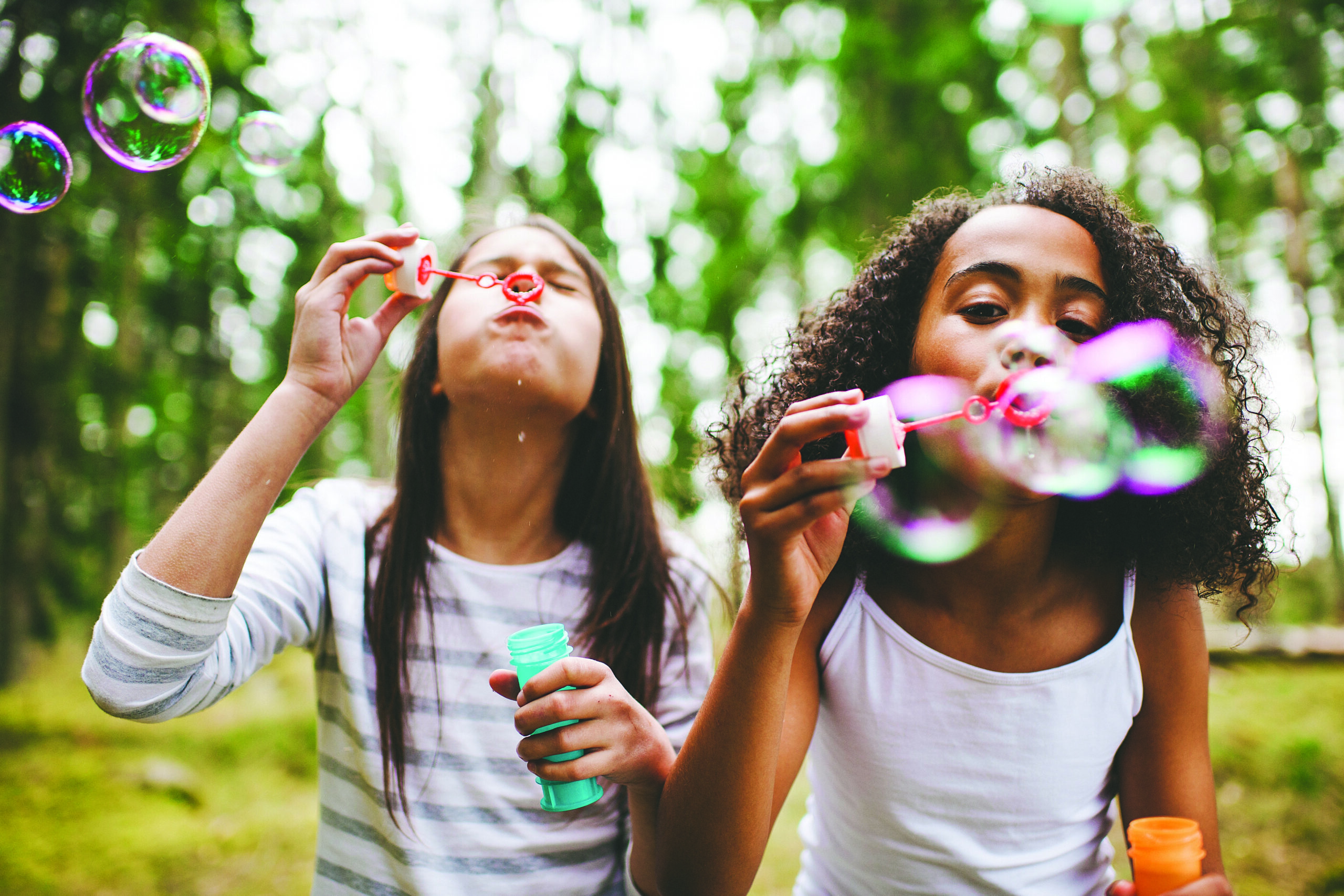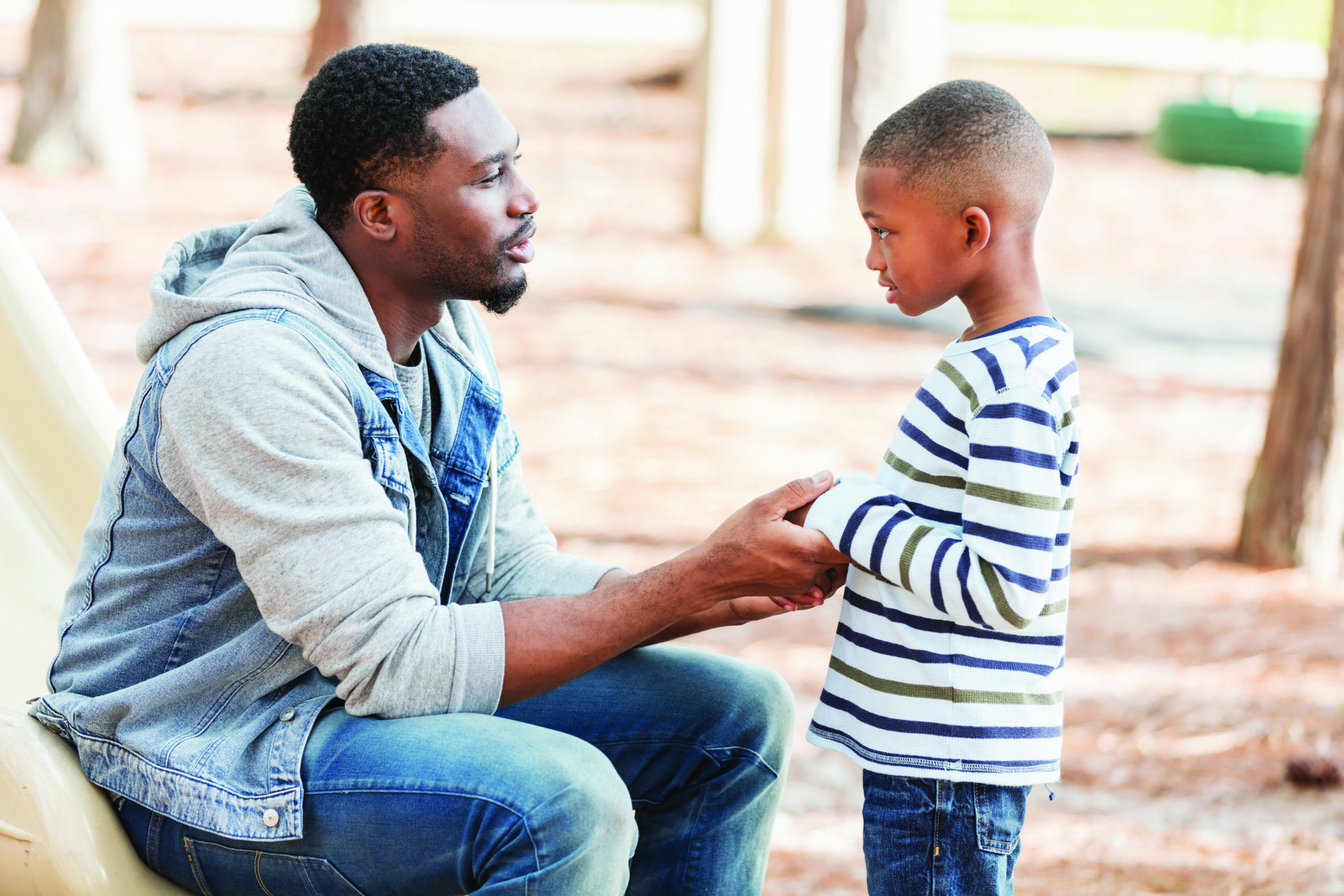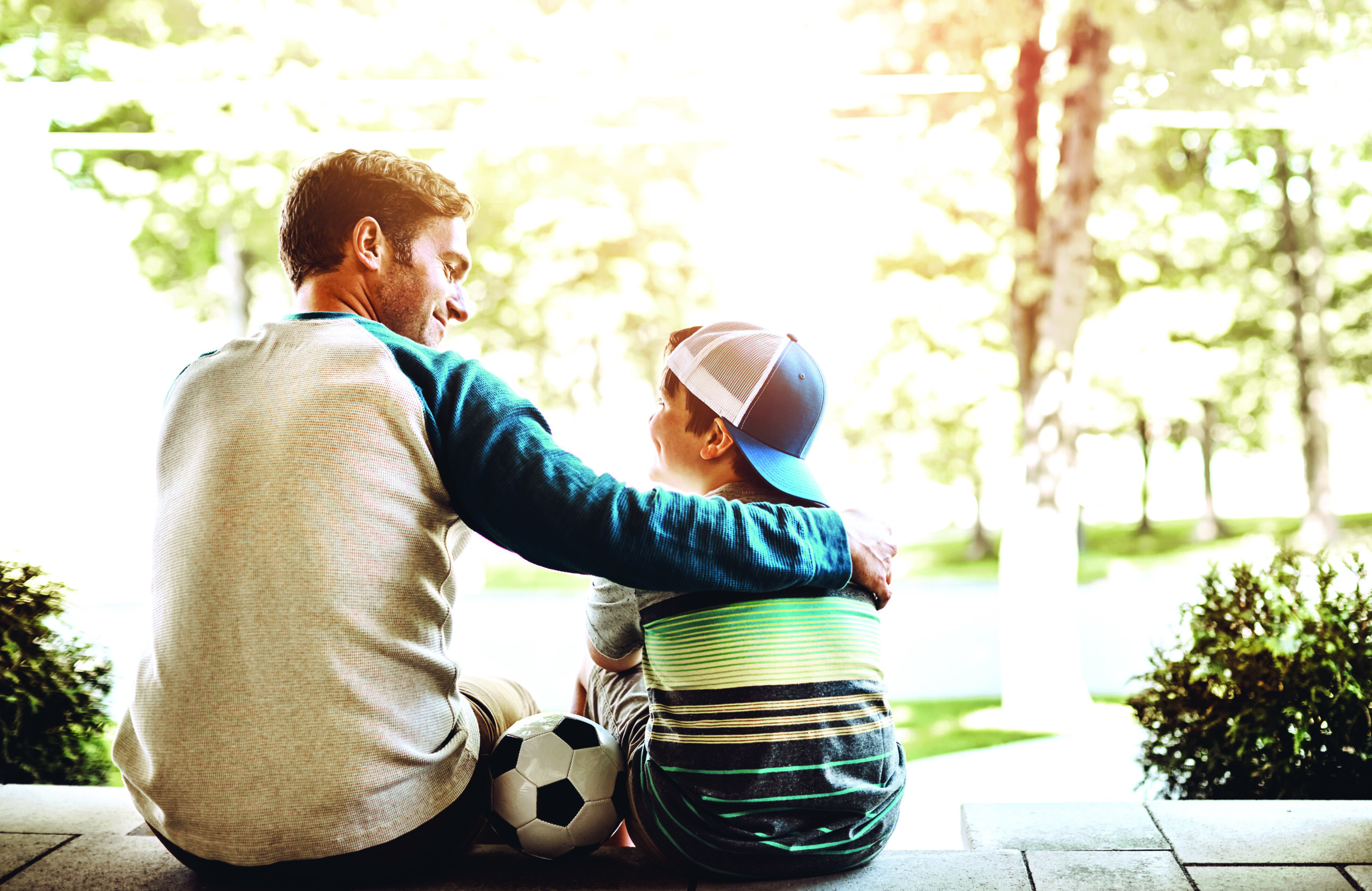by Brandy Abalos
Playing outside is like a full-body and mind boost for kids. The sun offers essential vitamins and outdoor play has physical and mental benefits. Kids who play outdoors are curious and creative, using all their senses to learn about the natural world. Also, most kids who play outside join friends and develop socially as well. The benefits of playing outside are numerous.
However, with today’s technology, it can be difficult to get your kids out the door. They often want to play on electronic devices instead of engaging with nature. Getting your kids outside can feel like an uphill battle sometimes, but it’s worth the effort.
Outdoor Time Promotes Physical Health
Sunshine boosts vitamin D levels, which helps with bone development and can protect against some diseases. Running, jumping and climbing outdoors strengthens muscles, improves coordination and combats childhood obesity.
Spending time in nature may also enhance the immune system. Exposure to certain microbes in natural environments may help train the body’s defenses. Outdoor time provides a natural way for children to develop strong bodies, improve their physical fitness and reduce the risk of chronic health problems in the future.
Playing Outside Supports Mental Well-Being
Playing outside is like a magic medication for children, promoting their mental well-being in a multitude of ways. Nature has a calming effect. Spending time outdoors can lower cortisol levels, the stress hormone, leading to feelings of relaxation and an improved mood. Being outdoors provides a break from the constant stimulation of screens and indoor environments. Nature’s sights and sounds can improve focus and concentration, which can benefit children in school and everyday life.
Physical activity releases endorphins, the body’s natural feel-good chemicals. Outdoor play encourages exercise, which can elevate mood, combat symptoms of depression and promote feelings of happiness. Spending time outdoors fosters a connection with the natural world. This connection can be a source of comfort and inspiration, promoting a sense of peace and reducing feelings of isolation.
Outdoor Play Sparks Learning and Development
The great outdoors is a sensory feast. Kids can feel the grass under their feet, smell the pine needles in the air, hear the chirping of birds and see the shapes of clouds. This exposure to different sights, sounds, textures and smells stimulates the brain and helps them learn about the world around them. The open-ended nature of outdoor play ignites curiosity. There are endless possibilities for exploration—building forts, digging in the dirt or catching bugs. This unstructured environment allows for creative expression and problem-solving as they figure things out on their own.
The outdoor environment presents both challenges and opportunities for risk-taking. Climbing a tree requires planning and problem-solving skills. Building a fort involves trial and error. Through these experiences, children learn to assess risks, make decisions and overcome obstacles, fostering resilience and resourcefulness.
Playing Outdoors Boosts Social Skills
The great outdoors transforms into a social playground for children, offering a natural way to develop and strengthen their social skills. Outdoor games and activities often involve teamwork and collaboration. Whether it’s building a sandcastle together, playing tag or participating in group sports, children learn to interact with others, share, take turns and resolve conflicts peacefully.
Playing outdoors provides endless opportunities for children to communicate with their peers. They learn to express themselves clearly, give instructions, negotiate and listen attentively to others. Through shared experiences and collaboration in outdoor play, children build friendships and develop a sense of belonging. They learn empathy and understanding as they interact with others from different backgrounds.
Tips on How to Get Your Kids Outside
Here are some tips to transform your backyard or neighborhood into your kids’ personal playground and get them excited about spending time outdoors:
- Start small: Don’t overwhelm them with long treks. Even 15 minutes a day in the backyard can make a difference.
- Make it fun: Think beyond just “go play outside.” Plan a nature scavenger hunt, have a water balloon fight or build a fort together.
- Lead by example: Join them in their adventures! Go for walks together, play catch or have picnics in the park. Your enthusiasm is contagious.
- Limit screen time: Set boundaries on electronics and gently nudge them towards outdoor activities.
- Explore different places: Parks, gardens, zoos or even your own backyard can be exciting with a fresh perspective. Take a hike, visit a new playground or go stargazing at night.
- Cater to their interests: Do they love bugs? Get a magnifying glass and explore the garden. Are they fascinated by dinosaurs? Have a “paleontology dig” in the sandbox.
- Think outside the box: Bring their favorite indoor activities outside. Draw with sidewalk chalk, build with blocks in the yard or read a book under a tree.
- Involve them in planning: Let them choose what they want to do outdoors, even if it’s just picking the park they want to visit. A sense of ownership can boost their enthusiasm.
Help Your Children Enjoy the Outdoors
There are many benefits to playing outdoors. However, parents face challenges in getting their kids out of the house. Although it can be tough, children need the experiences they will have outside of the house. With a little creativity, you can help your kids discover the magic of playing outside.








Leave A Comment